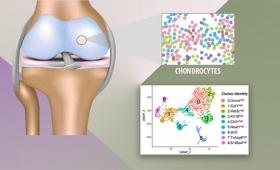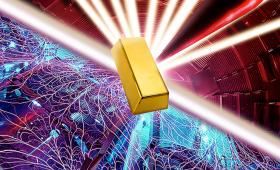Livermore scientists scientists have profiled articular cartilage from healthy and injured mouse knee joints at a single-cell resolution to better understand osteoarthritis.
Science and Technology Highlights
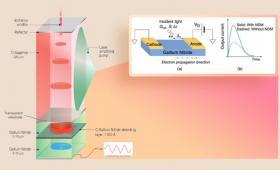
Livermore engineers have designed a new kind of laser-driven semiconductor switch that can achieve higher speeds at higher voltages than existing photoconductive devices.
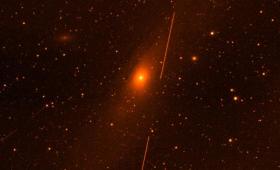
Thousands of images of Earth and space have been taken by a compact space imaging payload developed by Livermore researchers and Tyvak Nano-Satellite Systems.
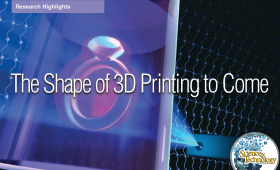
Recent materials findings combined with a specialized additive manufacturing technology move consumer 3D printing-on-demand one step closer to reality.
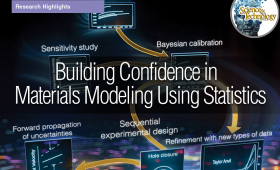
Livermore researchers build confidence in materials modeling using a statistics-based approach for assessing sources of uncertainty in material strength research.
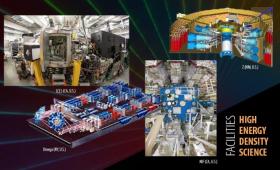
A recent paper examines the various experimental techniques and key findings of material states under extreme high energy density (HED) conditions based on work conducted at Livermore and other facilities around the world.
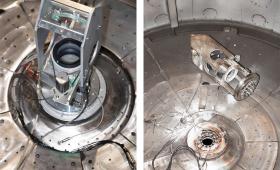
Livermore and Sandia national laboratories continue their longstanding collaboration on high-energy-density research.

Meta and targeted genomic analysis and machine learning predict wound healing outcomes and lay the groundwork to potentially save lives.


